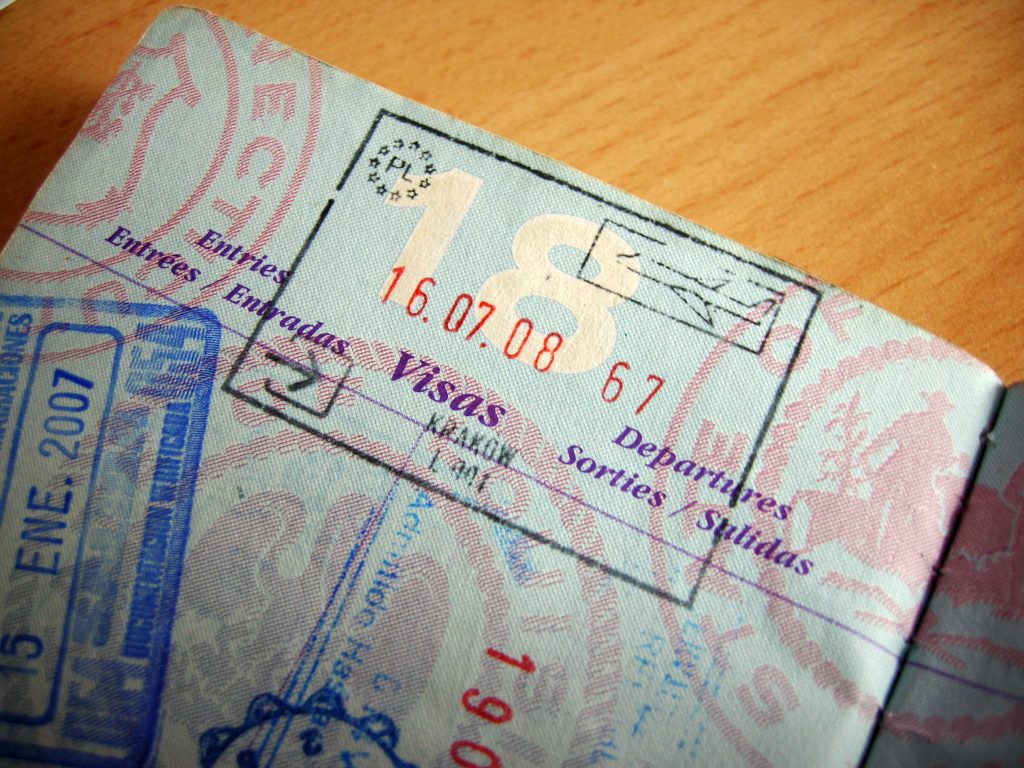Applying for a visa to India can sometimes feel like a daunting task, especially with the myriad of visa types and the intricate application process. However, with the right guidance, navigating through the process can be smooth and hassle-free. Whether you’re planning a leisurely trip, embarking on a business venture, or pursuing educational opportunities, understanding the Indian visa application process is crucial. Here’s everything you need to know to successfully obtain an Indian visa. Indian Visa Application
Types of Indian Visas
India offers various types of visas to cater to different purposes of travel. These include tourist visas for leisure travel, business visas for commercial activities, student visas for educational pursuits, employment visas for work opportunities, medical visas for medical treatment, conference visas for attending conferences, and the popular e-visa option.
Indian Visa Application Process
The application process for an Indian visa typically involves several steps. First and foremost, applicants need to determine the type of visa that aligns with their purpose of travel. Once identified, gathering the necessary documents becomes imperative. These usually include a valid passport, recent passport-sized photographs, proof of accommodation, travel itinerary, financial statements, and supporting documents specific to the visa category.
After compiling the required documents, applicants can proceed with the online application process. The Indian government has streamlined the visa application process by introducing an online portal where applicants can fill out the visa application form, upload the necessary documents, and schedule an appointment at the nearest Indian consulate or embassy for biometric data submission.
Indian Visa Fees
Understanding the fee structure for Indian visas is essential to avoid any last-minute surprises. The visa fees vary depending on the type of visa and the duration of stay. Additionally, applicants should familiarize themselves with the accepted payment methods, which usually include credit/debit cards, bank transfers, or cash payments at designated centers. Indian Visa Online
Indian Visa Requirements
Meeting the visa requirements is crucial for a successful application. Apart from possessing a valid passport with a minimum validity of six months, applicants must ensure their photographs meet the specified guidelines. Additionally, providing accurate and verifiable information in the application form is paramount. Any discrepancies or inaccuracies may lead to delays or even rejection of the visa application.
Indian E-Visa
For the convenience of travelers, India offers the option of an e-visa for certain visa categories. The e-visa allows applicants to apply online without the need for an in-person appointment at the consulate or embassy. With a simplified application process and quicker processing times, the e-visa has become a popular choice among travelers visiting India for short durations.
Tips for Smooth Visa Application
Planning ahead and meticulously organizing the required documents can significantly expedite the visa application process. Double-checking the application form for any errors or omissions ensures a smooth submission. Adhering to the guidelines provided by the Indian authorities and staying updated on any changes in visa policies are essential steps towards a successful application.
Common Mistakes to Avoid
Incomplete applications, providing incorrect information, or disregarding visa conditions are some common mistakes that applicants should avoid. Any discrepancies or inconsistencies in the application can lead to rejection or delay in processing. It’s imperative to thoroughly review the application before submission to minimize the risk of rejection.
Processing Time
The processing time for an Indian visa can vary depending on various factors such as the type of visa, the volume of applications, and the consulate/embassy’s workload. While the normal processing time may take a few weeks, expedited processing options are available for those requiring urgent visa approval.
Visa Approval and Rejection
Understanding the reasons for visa rejection can help applicants avoid common pitfalls. Reasons for rejection may include incomplete documentation, insufficient financial resources, previous visa violations, or security concerns. In case of rejection, applicants have the option to appeal the decision by providing additional information or rectifying any discrepancies in the application.
Visa Extension
In certain circumstances, travelers may need to extend their stay in India beyond the duration specified in their visa. The process for visa extension involves submitting an application to the relevant authorities along with supporting documents justifying the need for an extension. Meeting the eligibility criteria and adhering to the visa regulations are crucial for a successful extension.
Traveling to India
Upon arrival in India, travelers are required to undergo immigration and customs procedures. Presenting the valid visa along with the passport is mandatory for entry into the country. Familiarizing oneself with the arrival procedures and customs regulations beforehand can help streamline the entry process and avoid any unnecessary delays.
Conclusion
Obtaining an Indian visa is a pivotal step for travelers planning to visit the country for various purposes. By understanding the intricacies of the visa application process, adhering to the requirements, and avoiding common mistakes, travelers can ensure a smooth and hassle-free experience. Whether it’s exploring the vibrant culture, conducting business ventures, or pursuing academic endeavors, securing the appropriate visa is the first step towards a memorable journey to India.

